The arts are man's most useless... and essential... activity
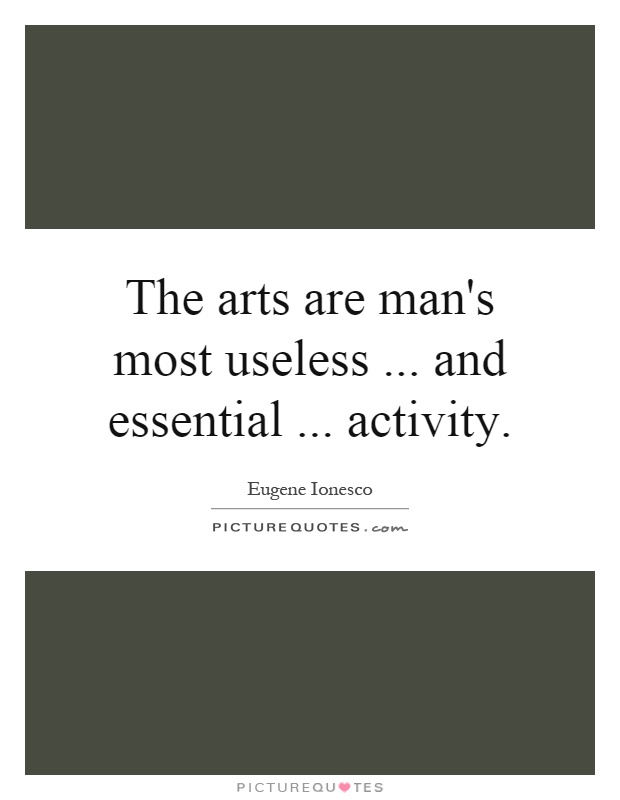
The arts are man's most useless... and essential... activity
Eugene Ionesco, a prominent Romanian-French playwright known for his absurdist style, would likely have a unique perspective on the statement that “the arts are man's most useless... and essential... activity.” Ionesco’s work often delved into the absurdity of human existence and the futility of communication, making him a fitting figure to explore the dichotomy between the seemingly frivolous nature of the arts and their profound importance to humanity.On the surface, the arts may appear useless in a practical sense. They do not produce tangible goods or solve immediate problems in the way that science or technology can. However, Ionesco would likely argue that the arts serve a crucial role in reflecting and critiquing society, challenging conventional thinking, and exploring the complexities of the human experience. In this sense, the arts are essential for fostering creativity, empathy, and critical thinking in individuals and society as a whole.
Ionesco’s own plays, such as “The Bald Soprano” and “Rhinoceros,” are prime examples of how the arts can illuminate the absurdity and irrationality of human behavior. Through his use of nonsensical dialogue, surreal situations, and grotesque imagery, Ionesco forces audiences to confront uncomfortable truths about conformity, power dynamics, and the erosion of individuality. In doing so, he highlights the importance of questioning societal norms and resisting the pressures of conformity.
Furthermore, Ionesco’s work demonstrates the power of the arts to provoke thought, spark dialogue, and inspire change. By challenging audiences to think critically about the world around them, the arts have the potential to incite social and political transformation. Ionesco’s plays, with their dark humor and biting satire, serve as a reminder of the dangers of complacency and the importance of remaining vigilant in the face of tyranny and injustice.

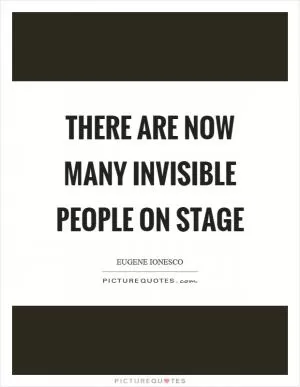
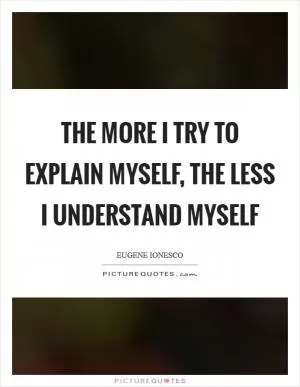
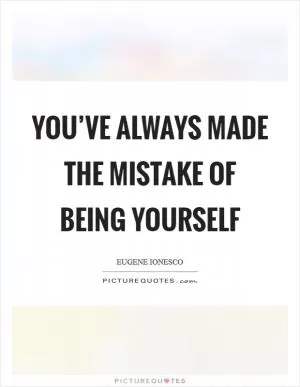

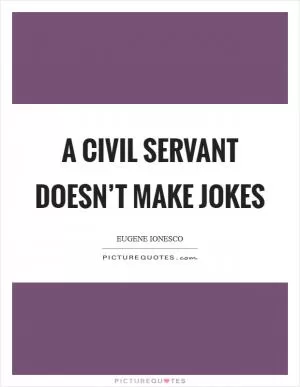
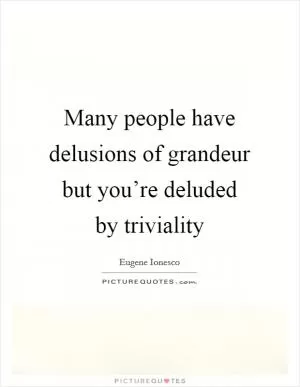

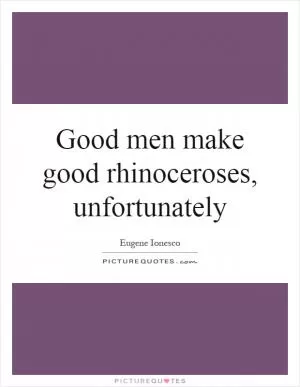

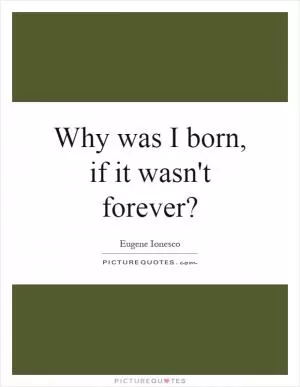
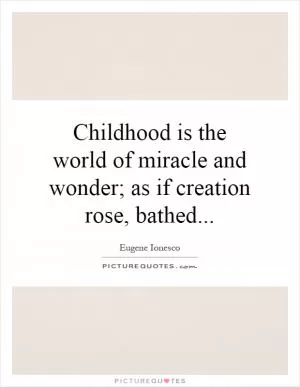
 Friendship Quotes
Friendship Quotes Love Quotes
Love Quotes Life Quotes
Life Quotes Funny Quotes
Funny Quotes Motivational Quotes
Motivational Quotes Inspirational Quotes
Inspirational Quotes